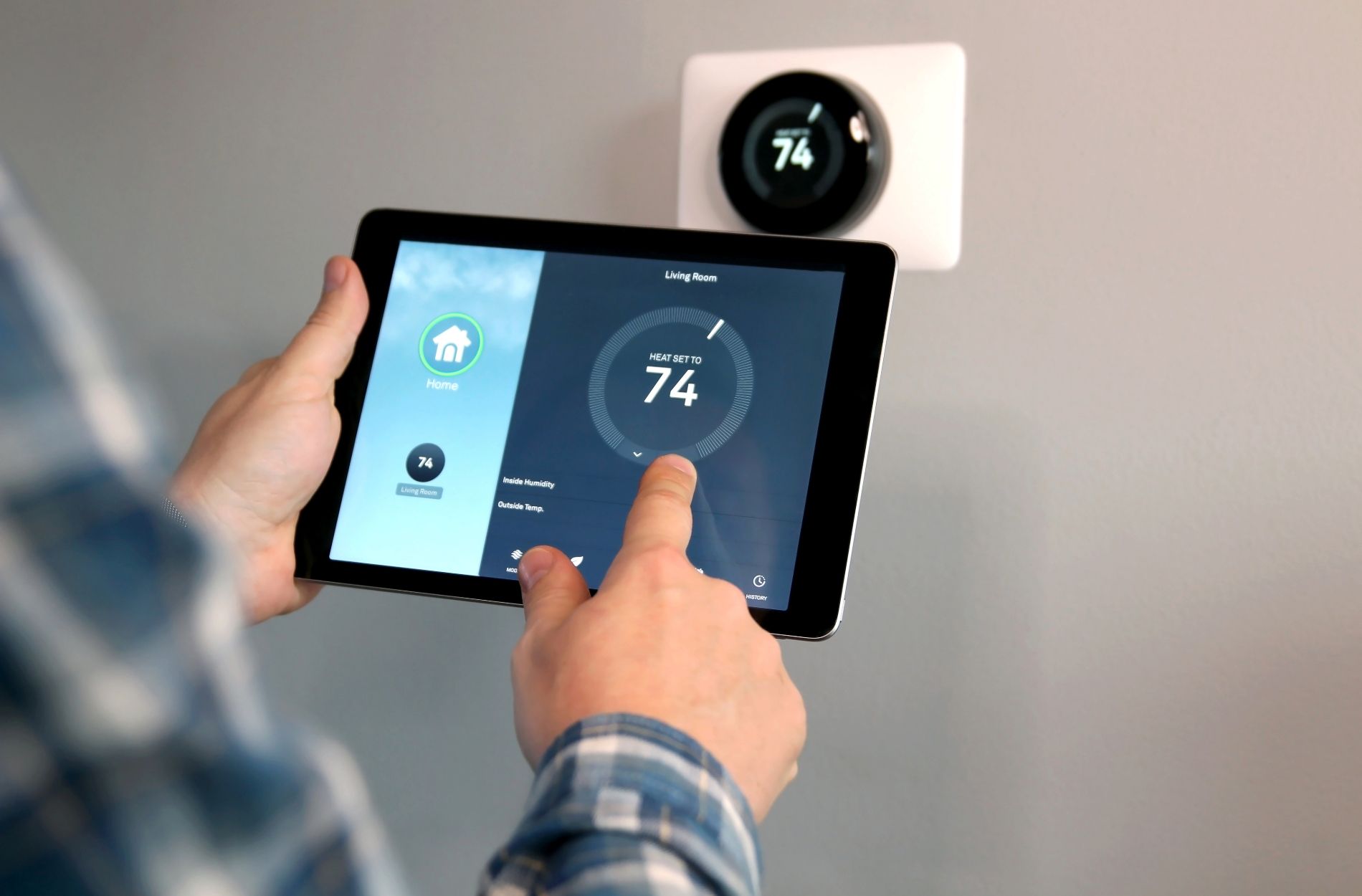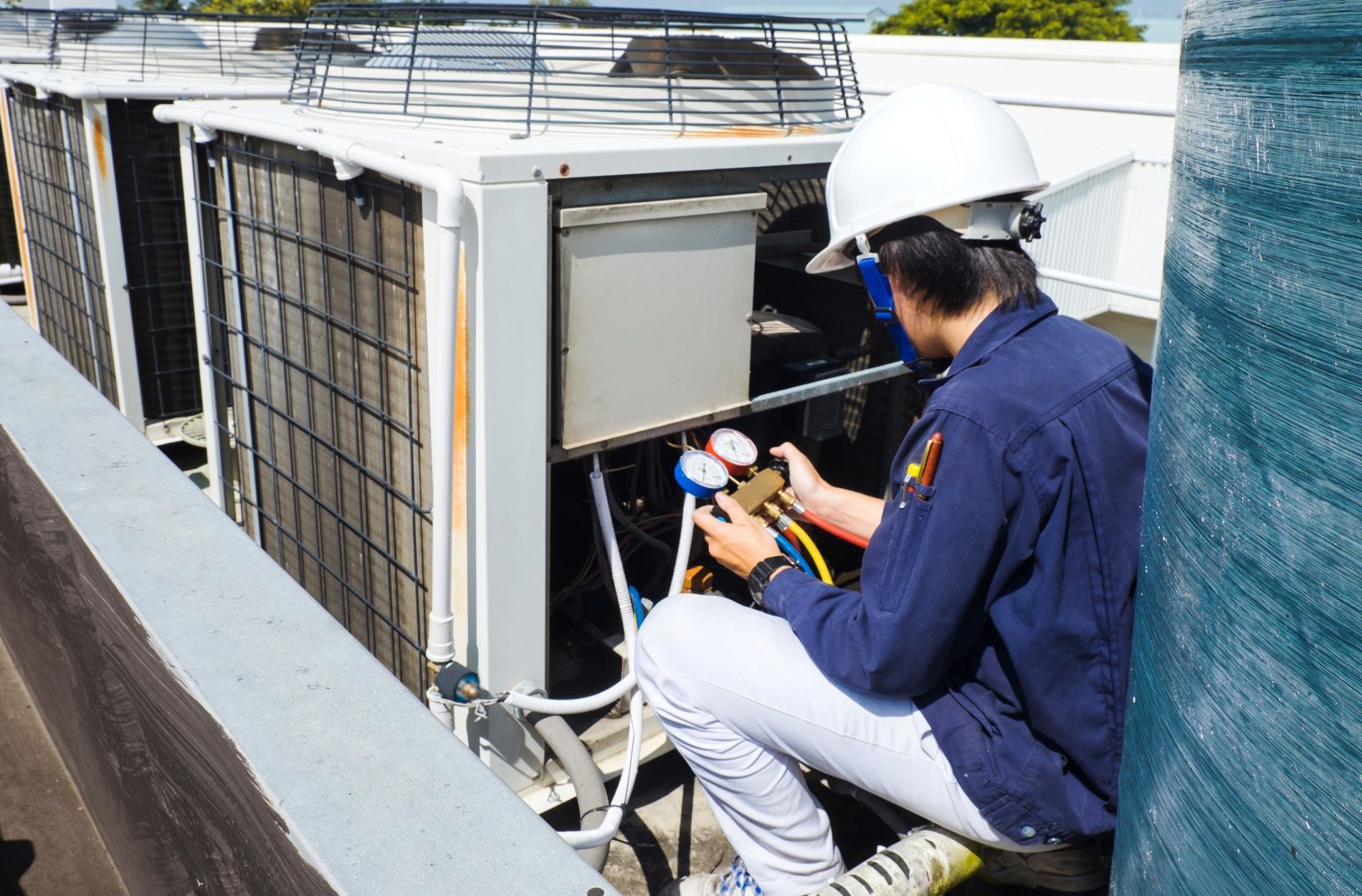What to Do When Your Heat Pump Isn't Working
A heat pump plays a vital role in maintaining comfort in your home, particularly in a place like Owensboro, KY, where the seasons can be quite diverse. Acting as both a heater in the winter and a cooler in the summer, a heat pump provides an efficient and versatile solution to keeping your home at just the right temperature. However, like any other system in your home, a heat pump requires regular care and attention to operate effectively.
When a heat pump malfunctions, it can disrupt not only your comfort but also lead to increased energy bills and potential damage to the system itself. Understanding the key steps to take when your heat pump isn't working can help you address minor issues before they turn into bigger problems. This guide will walk you through practical steps to identify common problems and ensure that your heat pump is running smoothly, so you can keep enjoying the comfort it provides. Remember, even small preventative actions can go a long way in maintaining the efficiency of your heat pump.
Check the Thermostat
The first step when facing a non-working heat pump is to check the thermostat, the brain behind your heating and cooling system. It's surprising how often the root of the problem lies in this small device. Here’s what you need to do:
- Verify the Mode: Ensure that the thermostat is set to the correct mode—either heating or cooling depending on the season. Sometimes, it may accidentally get switched to the wrong mode or even turned off.
- Check Batteries: If your thermostat operates on batteries, check if they need replacing. Even if the screen is lit, low batteries can cause erratic behavior in the system.
- Confirm Settings: Make sure the temperature settings are accurate. Your heat pump won't kick in if the thermostat is set too close to the ambient temperature in your home.
These simple checks can often resolve the issue quickly. If everything seems in order with the thermostat, and you're still facing problems, move on to inspecting the power supply.
Inspect the Power Supply
Sometimes, the problem with your heat pump might be as straightforward as a power issue. Follow these steps to ensure your heat pump is receiving the power it needs:
- Verify Connection: Ensure that the heat pump is firmly plugged into its power source or that its circuit is properly connected if it's hardwired.
- Check the Circuit Breaker: Head to your home's electrical panel and check for any tripped circuit breakers. If you find one that’s been tripped, reset it and see if the heat pump starts working.
- Look for Wiring Issues: Inspect any visible wiring for signs of damage, such as fraying or disconnection. While we advise getting a professional to handle electrical repairs, spotting these issues early can help you relay accurate information to a technician.
With these steps, you can clear up many common power-related issues that might affect your heat pump. If it’s still not running correctly, you might consider cleaning up around the unit for better efficiency.
Clear Surrounding Debris
An often overlooked step in maintaining a heat pump's efficiency is ensuring that its surroundings are clear of debris. Over time, leaves, dust, and other debris can accumulate around the outdoor unit. This buildup may restrict airflow, causing the heat pump to work harder than it should. Keeping the area tidy can prevent unnecessary strain on the system.
Start by removing any visible debris around the outside unit. It's important to maintain at least two feet of clearance on all sides to allow for optimal airflow. This not only helps in minimizing congestion but also facilitates access for routine maintenance or repair work.
Use a garden hose to gently spray down the outside unit. This method helps remove dirt and residues that could be affecting the unit’s efficiency without causing damage. Be sure to keep the water pressure low to avoid denting or damaging the fins. Regular cleaning helps maintain efficient operation and extends the longevity of the heat pump.
Examine Air Filters and Vents
Clogged air filters are a common culprit when a heat pump isn't functioning correctly. If air can't flow freely, the system will have to work increasingly hard, leading to inefficiencies and potential breakdowns. Checking and replacing air filters is an easy yet important task.
First, locate the air filters and remove them for inspection. If they appear dirty or clogged, replace them right away. This simple action can have a huge impact on airflow and system efficiency. It's recommended to check filters every few months and more often during peak usage times like the middle of winter and summer.
Also, check all vents and registers throughout the home. Make sure that furniture, drapes, and other items aren't obstructing them. Open and unobstructed vents ensure that conditioned air circulates effectively throughout your living space, maintaining a consistent and comfortable temperature in every room.
When to Call a Professional
While some heat pump issues are easy to resolve on your own, others may signal a need for professional help. Pay close attention to unusual noises, odd smells, or performance issues that persist despite your best efforts. These can suggest more serious problems that an experienced technician should assess.
For example, if your heat pump seems to be running continuously without shutting off, it might indicate a larger issue. Strange odors could mean something's been damaged or is failing internally. In these cases, a professional with the right tools and knowledge can diagnose and repair the issue without causing further harm.
Remember, an experienced professional can often spot underlying problems that might not be obvious. Regular check-ups with a qualified technician can keep your system running smoothly and efficiently, preventing small problems from becoming major headaches.
Keep Your Heat Pump Running Smoothly
Taking proactive steps to care for your heat pump ensures a comfortable and energy-efficient home environment. Regular maintenance and prompt attention to any issues will keep your system working optimally. Handling minor issues like a clogged filter or an obstructed vent can make a noticeable difference in performance and durability.
Seasonal checks and consistent cleaning of your unit's surroundings further enhance efficiency. By staying vigilant and addressing issues as they arise, you're investing in a system that provides reliable heating and cooling year-round.
Don't hesitate to reach out to a skilled professional to address any persistent issues. With the right balance of DIY efforts and professional support, your heat pump can continue to deliver comfort and peace of mind for years to come, especially through the changing seasons in Owensboro.
Taking care of your heat pump ensures it keeps your home cozy in Owensboro. When it's time to seek expert assistance, count on the experience of Anytime Heating & Air. For reliable service focused on professionalism and efficiency, explore more about heat pump repair in Owensboro to get the help you need in keeping your system running smoothly throughout the year.


